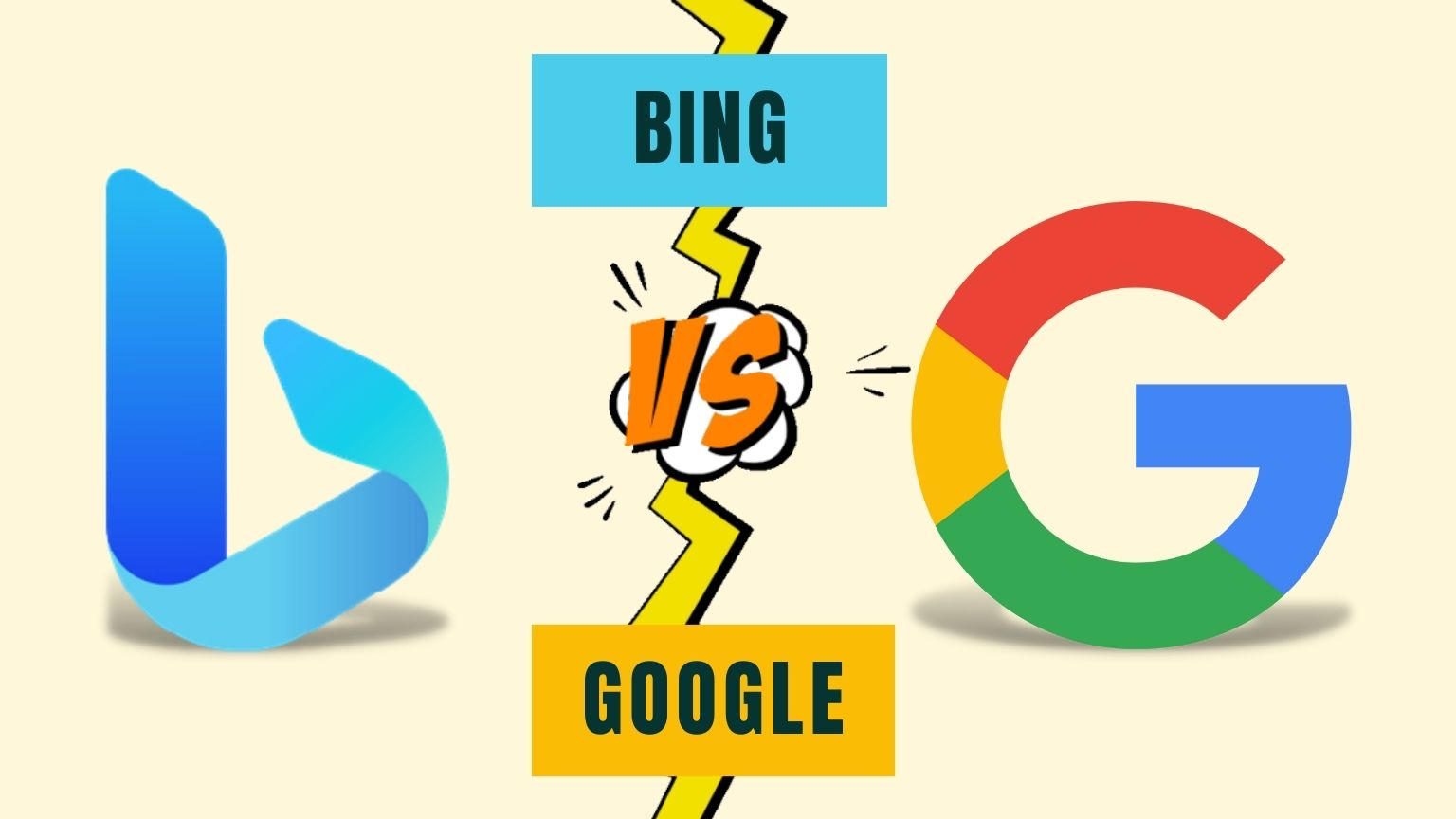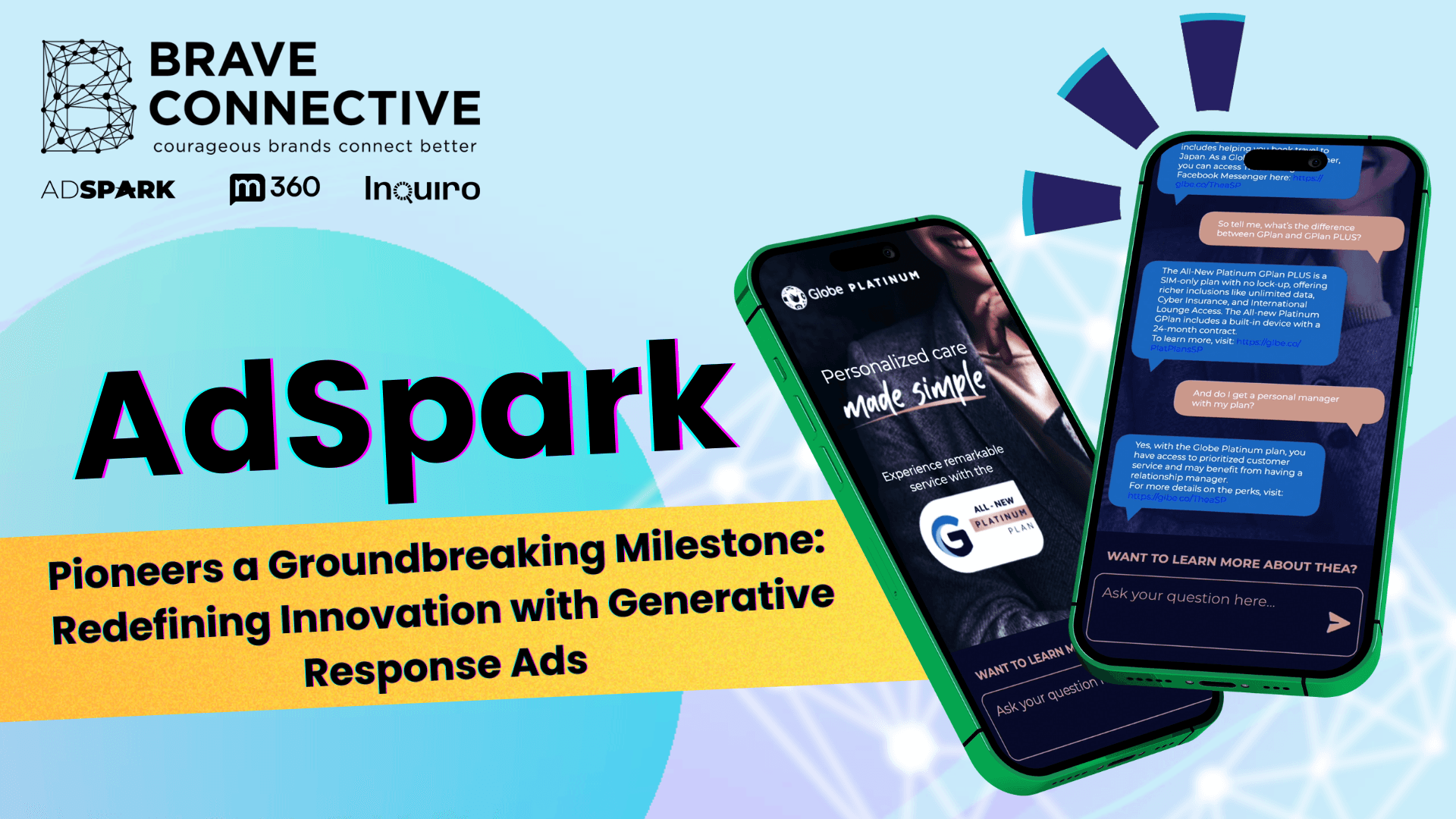In the ongoing discussion of Bing vs Google, the dynamics of search engine supremacy come to the fore. Both platforms are vying for users’ attention, especially in the face of Microsoft’s ambitious Bing redesign aimed at improving its standing. While Google’s search results continue to lead in user experience and relevance, Bing’s recent changes have elicited curiosity and skepticism among users. Indeed, the Microsoft search competition has turned into a notable battleground, employing various search engine tricks to attract more users. As Bing attempts to bolster its appeal, it raises questions about user preferences and the genuine value each search engine offers in a digital landscape dominated by Google.
When examining the rivalry between two prominent web search services, it’s essential to delve into the contrasts between Microsoft’s Bing and Google’s widely adopted search platform. The competition is reminiscent of earlier tech rivalries, characterized by significant shifts in user engagement and interface design. Particularly with Microsoft’s latest interface update, which selectively targets Google-related queries, the implications of this rivalry take a new form. This face-off represents not just numbers and metrics but also the influence of user perception and experience in determining which search tool reigns supreme. Understanding the nuances of this contest illuminates how design choices and marketing strategies can sway public opinion and user loyalty in the digital age.
Bing vs Google: The Search Engine Showdown
The ongoing competition between Bing and Google has stirred significant discussions among tech enthusiasts and everyday users alike. While Bing offers a range of unique features, it continues to lag behind Google in terms of market share and user engagement. Google search results are often regarded as the gold standard, thanks to their advanced algorithms and vast database, which provide users with highly relevant content. In contrast, Bing’s growth strategy involves not just innovation but imitation, attempting to capitalize on Google’s interface by adopting similar aesthetics and functionalities.
For many users, Bing’s redesign, particularly its adjustments in pages relating to Google, raises eyebrows. The idea that Microsoft is emulating Google isn’t wholly surprising; it reflects a broader trend where search engines adapt successful elements from their competitors to enhance user experience and retain relevance. However, this tactic has its pitfalls, as users often prefer genuine innovation over superficial changes that mimic another’s identity.
The Impact of Bing’s Redesign on User Experience
Microsoft’s recent redesign of Bing’s results pages, especially for searches related to Google, illustrates a significant shift in strategy. By opting for a cleaner and more minimalist layout, Bing aims to create an inviting search atmosphere that can rival Google’s renowned simplicity. This redesign might appeal to users who favor aesthetic consistency in their online experiences, but it also raises questions about authenticity and branding. Users familiar with Google’s interface might initially find themselves confused when navigating through Bing’s altered search results.
Furthermore, by mirroring key aspects of Google’s design, Bing hopes to attract users who might unknowingly click through its interfaces believing they are on Google’s search engine. This tactic reflects Microsoft’s broader strategy in the ongoing search engine competition, leveraging visual similarities to retain users without offering them a distinct alternative to the dominant player. However, this approach could backfire, as tech skeptics may view such tactics as exploitative rather than innovative.
Navigating Search Engine Tricks: A User’s Guide
In an environment where search engines often employ tricks to capture user attention, understanding these tactics becomes essential for both casual browsers and digital marketers. Bing’s recent updates serve as a reminder of how important it is to critically evaluate the platform you are using. Knowing the nuances of different search engines can help users navigate effectively, ensuring they find the information they need without being misled or overwhelmed by design similarities.
Moreover, utilizing search engine tricks can enhance your online experience. For instance, being aware of Bing’s specific features or advantageous searches can provide a unique edge, especially as Microsoft continues to compete with Google. Whether through voice search capabilities or visual search features, users benefit from recognizing and leveraging these tools to refine their overall search efficiency. Always remember, awareness of these tactics can empower users to make informed choices, leading to a more satisfactory search engine experience.
What Users Should Know About Bing and Google Features
While Bing and Google may seem similar at first glance, each platform has its unique features that cater to different user requirements. Google, for instance, excels in providing a vast array of information quickly, employing complex algorithms that analyze massive amounts of data to ensure search results are relevant and timely. On the other hand, Bing offers distinctive features like image and video previews directly in search results, which can enhance the experience for users who rely heavily on visual content.
Additionally, Bing integrates with Microsoft’s ecosystem, providing seamless access to services like Outlook and Office. This integration may appeal to users who are already embedded within the Microsoft product suite. However, as Bing continues to evolve, it must work to improve its perception and functionality to attract variety among users who might otherwise feel confined to Google due to its prominence in the market.
Understanding Search Engine Algorithms: Bing vs Google
At the heart of the competition between Bing and Google lie their respective search algorithms, which drive the mechanisms behind their search functionalities. Google is recognized for its sophisticated algorithms and emphasis on relevance, user intent, and personalized results. The search giant continually refines its methods, aiming to provide users with the best possible search experience based on their browsing habits and the data it accumulates over time.
Conversely, Bing employs a different approach with slightly varying priorities, often focusing on multimedia content and visual search results. This difference sets the two search engines apart, providing users with unique experiences based on individual preferences. Tech-savvy users value understanding these algorithms, as they directly impact the effectiveness of their searches and the type of content delivered.
User Trust: The Key to Search Engine Loyalty
User trust is paramount in the realm of search engines, especially in the face of Microsoft’s recent tricks with Bing’s redesign. When users feel secure about the authenticity of their search results, they are more likely to remain loyal to a platform. However, once deceptive tactics arise, as seen with Bing’s mimicking of Google, it creates an atmosphere of skepticism. This skepticism undermines trust, pushing users to prefer platforms they perceive as genuine and transparent.
Building and maintaining trust involves continuous innovation and commitment to user experience. Google has largely succeeded in this regard, while Bing’s recent strategies put it at risk of alienating potential users who may view such tactics cynically. Therefore, it’s crucial for Bing to evolve its approach to foster an environment where users feel valued and encouraged to explore its offerings freely, beyond just imitating a competitor.
The Evolution of Search Engines in a Competitive Landscape
The landscape of search engines has evolved dramatically over the years, driven by fierce competition among major players like Bing and Google. Historically, both companies have adapted their strategies to respond to the changing demands of users and the advancements in technology. From algorithm refinement to interface enhancements, both platforms strive to gain an edge in attracting users seeking the most relevant information quickly and efficiently.
As digital experiences become more integrated, the competition shifts from merely gaining user numbers to ensuring user satisfaction and loyalty. Successful search engines of the future will not only need to prioritize efficiency and relevance but will also have to address user trust and authenticity concerns, particularly in light of tactics that may be perceived as misleading. The nature of web searches is undergoing continuous change, challenging both Bing and Google to innovate while keeping their users’ best interests at heart.
The Importance of Transparency in Search Results
In today’s digital age, transparency in search results is becoming increasingly crucial for search engines striving to build user trust. When users conduct searches, they want to feel confident that the results they receive are authentic, unbiased, and relevant to their queries. Bing’s attempts to replicate Google’s interface may undermine this sense of trust, especially if users are left unsure about which search engine they are using.
To foster transparency, search engines must clearly communicate how results are curated and displayed. This includes disclosing criteria for ranking and revealing any affiliations with advertisers or sponsored content. As users become more discerning, platforms that prioritize transparency may not only retain their current user base but also attract newcomers keen on using a reliable and straightforward search experience.
Future Trends in Search Engines: What Lies Ahead
As technology evolves, so too does the landscape of search engines, with trends indicating a shift towards more personalized and user-centric experiences. AI-driven solutions, voice search integration, and enhanced mobile functionality are becoming integral to the future of search. Major players like Bing and Google must adapt to these trends, ensuring they remain relevant in a fast-paced digital world where user preferences are constantly changing.
Adopting practices that enhance user experience, like utilizing machine learning for better search predictions and refining algorithms to suit evolving user intents, will be paramount. As Bing continues its efforts to challenge Google’s dominance, it must not lose sight of innovation that truly benefits users rather than relying on imitation alone. The future promises exciting advancements in search technology, wherein shaping user experience will remain the ultimate goal.
Frequently Asked Questions
How does the Bing search engine compare to Google search results?
While Bing offers unique features and a different user experience, Google search results remain more popular due to Google’s advanced algorithms and larger user base. Bing’s recent redesign attempts to mimic Google’s interface could confuse users, leading them to think they are using Google.
What are the recent developments in the Microsoft search competition with Google?
Microsoft has increasingly focused on enhancing Bing to compete with Google, including a significant redesign aimed at streamlining the user experience. This competition often echoes the past browser wars, with tactics that have raised concerns over user deception.
Is the Bing redesign an attempt to mislead users into thinking they are using Google?
Yes, the Bing redesign appears crafted to closely resemble Google’s layout, making it seem as though users are on Google’s platform when searching for related queries. This controversial tactic has been noted by industry observers as an attempt by Microsoft to retain users without a switch.
What search engine tricks are used by Bing to compete with Google?
Bing employs various search engine tricks, such as a simplified interface and dynamic results for queries related to Google. These mimic Google’s design to enhance user engagement and potentially trick them into believing they are using the more dominant search engine.
Why do some users prefer Bing over Google despite its lower popularity?
Some users prefer Bing due to its integration with Microsoft products, personalized search features, and rewards program. However, it’s important to note that many users have Bing set as their default search engine out of convenience rather than preference.
How does the user experience differ between Bing and Google search results?
The user experience on Bing and Google can vary significantly; Bing often emphasizes visuals and curated content, whereas Google focuses on delivering a broader variety of results quickly. The recent redesign of Bing aims to provide a cleaner interface that’s reminiscent of Google, which may influence user perceptions.
Will Microsoft abandon Bing in favor of other search initiatives?
While there are no current indications that Microsoft will abandon Bing, the company does regularly enhance its features to stay competitive in the search engine market against Google. Ongoing updates and redesigns show their commitment to improving Bing’s performance.
What impact does the Bing vs Google rivalry have on search engine developments?
The rivalry sparks innovation as both companies strive to improve their offerings. Microsoft’s recent tactics and redesigns reflect their efforts to close the gap with Google, demonstrating how competition can drive enhancements in search engine technology and user experience.
| Key Point | Description |
|---|---|
| Bing’s User Base | Bing trails Google in user numbers and metrics despite having supporters. |
| Default Search Engine | Many users set Bing as their default search engine, but it doesn’t mean they prefer it. |
| Redesign Controversy | Bing’s search results for ‘Google’ have been redesigned to resemble Google’s, possibly misleading users. |
| Mimicking Competitors | Microsoft has a history of imitating competitors, and this redesign may be another attempt. |
| Response from Google | Google’s head of Chrome criticized Microsoft’s tactics as misleading and a new low for the company. |
Summary
In the ongoing discussion about Bing vs Google, it is evident that while Bing is trying to carve out its niche, it still significantly lags behind Google in terms of user preference and market metrics. The recent alterations made by Microsoft to mimic Google’s interface in certain searches suggest a calculated strategy to attract unsuspecting users. Such tactics have raised eyebrows and criticism from industry leaders, indicating a complex and competitive search engine landscape. As the market evolves, watchers will need to keep an eye on how these strategic moves affect user choices and the future of search engines.



